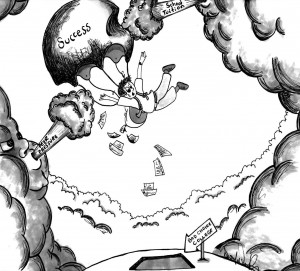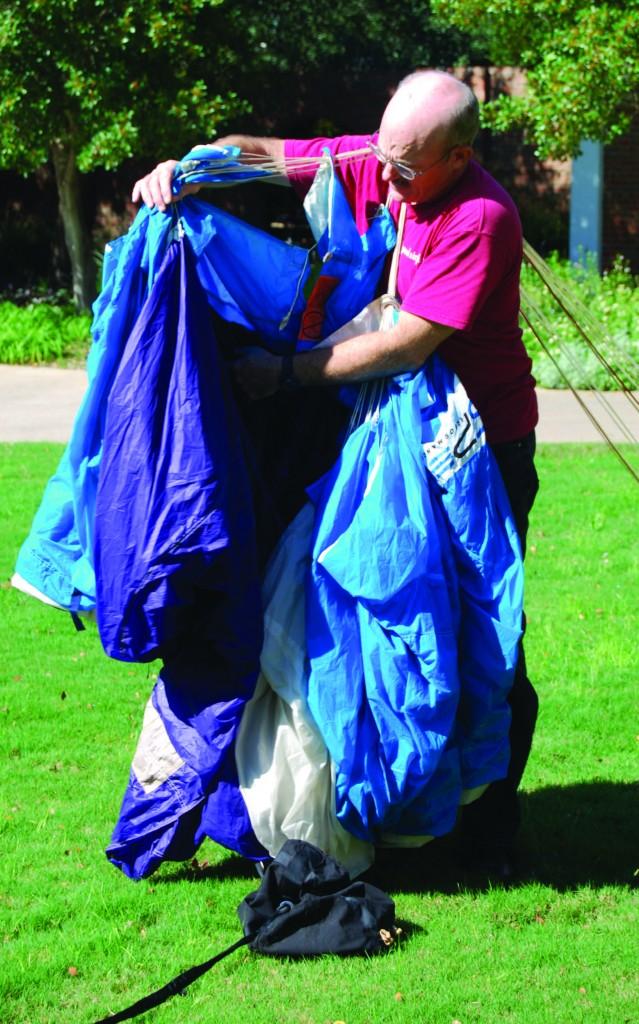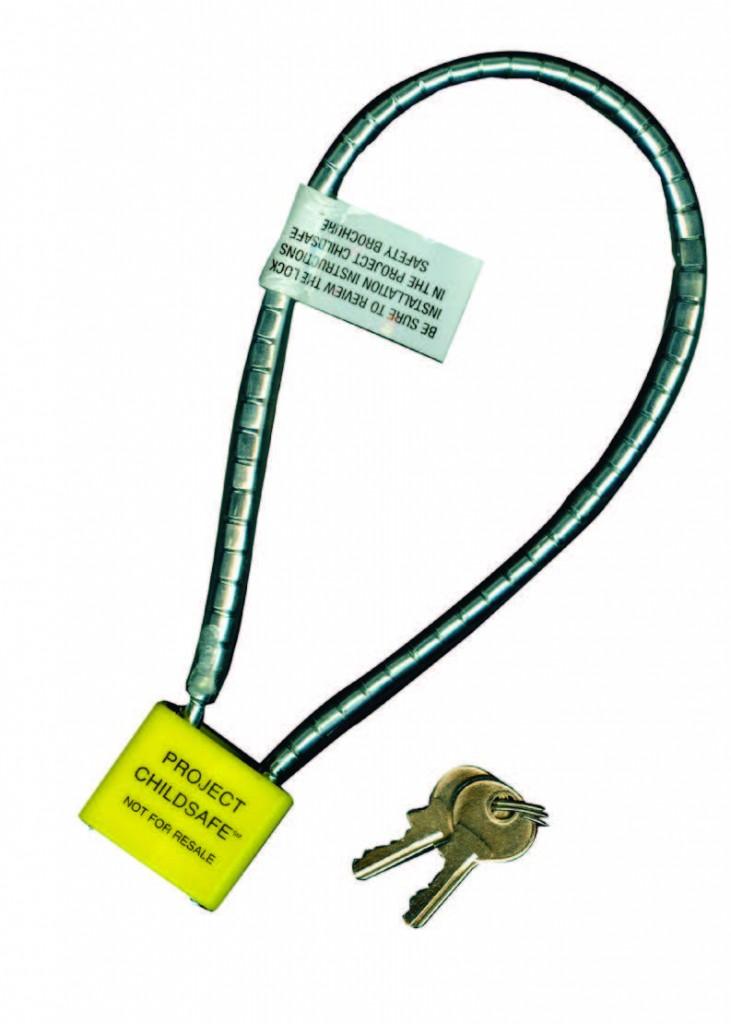
Many students fall to peer pressure from society, parents and friends when it comes to attending the right college.
But a new educational study shows the decrease in the college graduation rate could be caused by students who are “undermatched” or “mismatched,” according to an Education Week article.
Although the article focuses on choices made in high school, the information applies to TCC students as they decide where they will pursue their bachelor’s degrees.
Students often think that after high school, if they want to have a guaranteed graduation from college, they must attend somewhere easy. Society gives off a sense that going anywhere for a higher education is good, the article reported.
Students also know that a certain college can be too costly, so expenses can become a barrier for attending the “right” college.
William G. Bowen, Matthew M. Chingos and Michael S. McPherson in the book Crossing the Finish Line, say the priorities of society’s colleges and universities have been focused more on how to get students to college than what happens to them after they get there.
Students should attend the college of their choice. However, finding that right college is a different story. Researchers speculated in Education Week that some competitive schools might offer better facilities, better teachers and more financial aid assistance for students.
Students should educate themselves as to what’s the best college for them, what they can achieve and how to get there. They should not base their final decision on something like peer pressure, or whether they just want the “college experience.” A college experience without a degree is all in vain.
Students need to remember to factor in both sides of the college equation, the before aspect and the after aspect of entering higher education. Counselors and colleges should remember both sides as well.
Crossing the Finish Line suggests colleges might increase their completion rates by relying more heavily on grades rather than on their admission decisions.
Education Week reported a 66 percent graduation rate of students who attended the “wrong” college and an 81 percent graduation rate of those who were matched to the “right” college. With those figures, it’s understandable why these authors think school counselors should educate students more on where to go and how to reach their full potential without the barriers of friends, family and cost.
If TCC students plan to transfer to a university, they should talk to an academic counselor and look into financial aid, educating themselves on the potentials they can reach by finding the right school. They also can improve their chances of graduating.



























